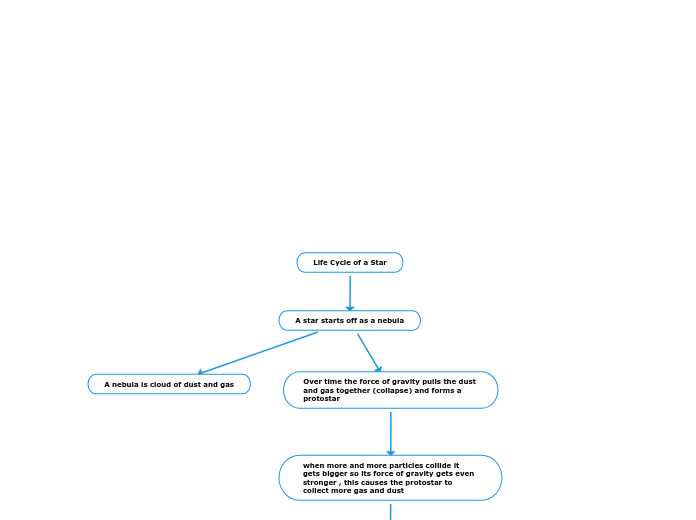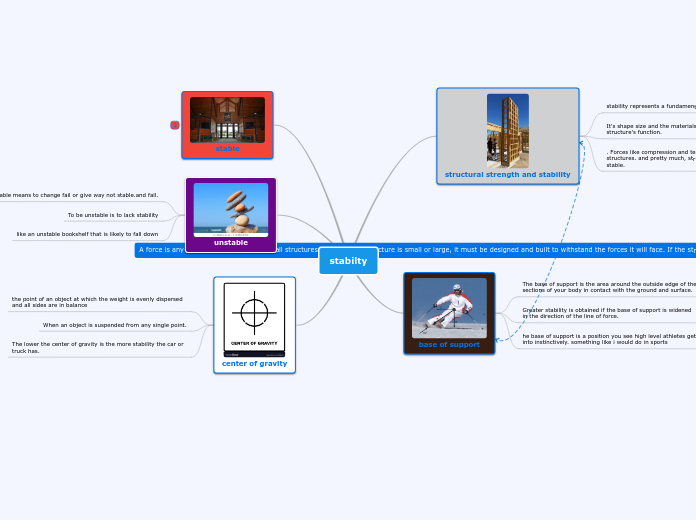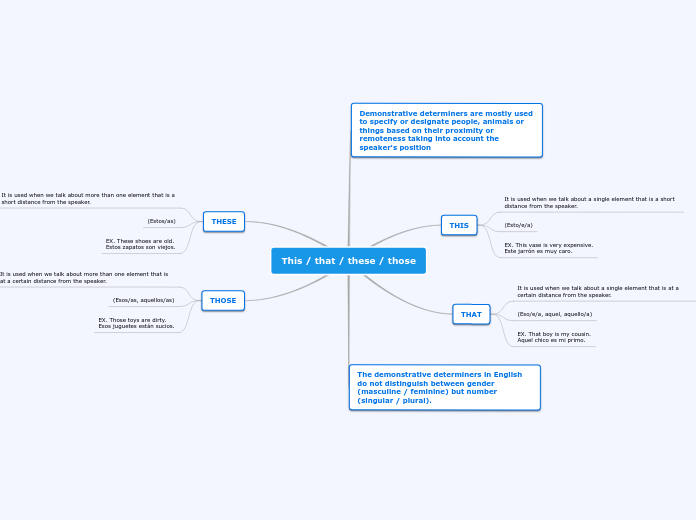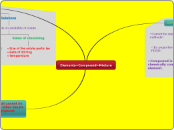Life Cycle of a Star
A star starts off as a nebula
Over time the force of gravity pulls the dust and gas together (collapse) and forms a protostar
when more and more particles collide it gets bigger so its force of gravity gets even stronger , this causes the protostar to collect more gas and dust
the crevity squeezes the protostar into itself making it more dense, this means that the particles inside it collide more often
then when the temperature and pressure increase, hydrogen nuclei to form helium nuclei
this process is called nuclear fusion
this gives out huge amounts of energy keeping the core hot
at this point it gets called a main sequence star
while a main sequence star the outward pressure caused from the nuclear fusion is completely balanced with the inward pressure from gravity
eventually it will start to run out of hydrogen causing inward pressure to take over, then it will become so hot and dense and nuclear fusion can start up again, the star will then expand again
now, instead of just forming helium it will form heavier elements
the star will expand dependent on how big the original star was, if it was small - medium it will form into a red giant,if it was large it will form into a red super giant
Red Super Giant
red super giants under go even more nuclear fusion then before , then after going though several cycles of expansion and contraction, they explode
that causes it to from into a supernova ,
if the original star was very big this forms into a dense core called a neutron star but if it was completely massive it forms into a black whole
a super nova from elements even higher than iron, which is ejected across the universe.
Red Giant
after a short amount of time the red giant becomes unstable, and the outer layers and removes its outer layers this leaves a hot dense solid core which doesn't do any nuclear fusion
this is called a white dwarf
after a bit of time it gets cooler and darker as it releases all of its energy
finally it forms into a black dwarf because it has no more energy to release light
this can last for a long and very stable period, billions of years
this rasises the temputure of the proto star
A nebula is cloud of dust and gas









